|
Sometimes we get so caught up in the busi-ness of the moment, we forget to reflect on where we've been. We prepare for our film's long-awaited public debut in Salvador da Bahia on January 31 with a great sense of fulfillment. Last year opened with screenings in L.A.'s prestigious PanAfrican Film Festival, followed by winning Best Documentary at Oakland International Film Festival in April (see previous blog). Our film and photography opened the FOCUS BRASIL gathering in Fort Lauderdale in May where many Brazilians expressed gratitude for our film helping to clarify for them their own nation's history. Later that month, we won Best Documentary at the Brazil International Film Festival in Rio de Janeiro (Teresopolis), where our longtime colleague Leonardo Dourado picked up the award. On June 5, the film was presented during the U.N. Ocean conference in the event, Black Guardians of the Sea, hosted by the Caribbean Cultural Center-African Diaspora Institute. A grant from the Greater Pittsburgh Arts Council facilitated travel to Florianopolis, Brazil, for an August screening at the Women's Worlds/Fazendo Gênero Congress where I had the chance to participate in a massive and joyous women's march. Then I traveled to Bahia to participate in a conference about Afro-Brazilian Religion and Culture in Cachoeira at the invitation of Dr. Denize Ribeiro, who is featured in our film. In Salvador, I was honored to visit Mãe Stella de Oxóssi, one of Candomblé's - and our film's - great leaders, at her terreiro and offer her copies of our film. I also had a meeting with Ivete Sacramento, Secretary of Reparations for the City of Salvador, to request her help getting our film into Salvador's public schools. There were also several discussions with officials from the City of Salvador and its cultural institutions brainstorming about the premiere of the film and photography exhibit in Salvador. (That took five months to confirm!) The fall season brought screenings in Denver, Montreal, Pittsburgh, Baltimore and Boston. Here are a few photos from those special events. Cleo Parker Robinson Dance Ensemble, in Denver, featured our film during Denver's Biennial of the Americas, with a panel discussion including Dr. Rachel Harding, Dr. Melanie Harris, Deanna Lowman and Cleo Parker Robinson. The dance company was even rehearsing a Yemaya dance on the day of our screening! Next was the International Black Film Festival of Montreal, where our film was nominated for Best Documentary, and I participated in a Master Class with other invited filmmakers. Our film showed in the Baltimore International Black Film Festival in early October, then in Pittsburgh at Phipps Conservatory's Environmental Film Festival, including a panel with invited guests Dr. Sheriden Booker who joined us from NYC, and Dr. Anthony Mitchell. (That's our Pittsburgh group celebrating afterwards with Sheriden far left.) In mid-November, the film was shown in Boston on the opening night of the annual conference of the American Academy of Religion, where Dr. Rachel Harding and I reunited for a conversation. A bonus was attending a luncheon and workshop on religion and ecology organized by Yale Forum on Religion and Ecology, and a panel featuring contributors to a new book, "Planetary Solidarity: Global Women's Voices on Christian Doctrine and Climate Justice".
The year closed with a confirmed invitation (arriving on December 27!) to finally have the public premiere of our film and photography exhibit in Salvador, at historic Barroquinha (the place where the Sisterhood of Boa Morte and the city's principal "matriarchal" Candomblé terreiros originated) in the city's Carnaval programming on January 31, just two days before the Festa de Yemanja! What could be better? We are grateful, feeling blessed, anxiously awaiting this grand event. It's an apt homecoming...21 years after the film was conceived. Odoyá Yemanjá!
2 Comments
9/17/2018 05:58:36 pm
Cultural movies like this does not get the proper recognition that they truly deserve. Yes, they do get awards from specific organizations, however, the masses are not paying attention to them. I think that these cultural-themed movies are what today's generation need/ We need to look back to our roots and stop stereotyping. To educate the next generation, proper dissemination of great movies that feature historical and cultural background may be the most effective way. I wish that more people would understand and appreciate these type of movies.
Reply
Leave a Reply. |
Author
Donna Roberts, Producer/director, Yemanjá Archives
March 2021
Categories |
Proudly powered by Weebly
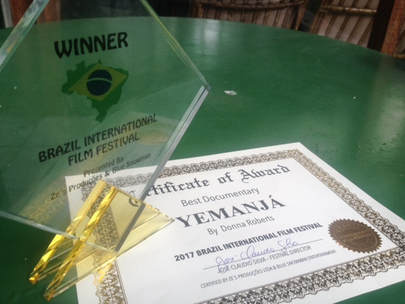
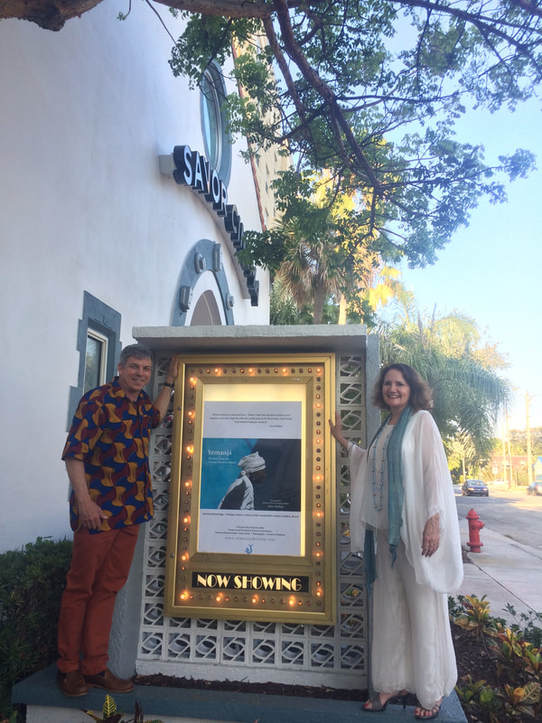
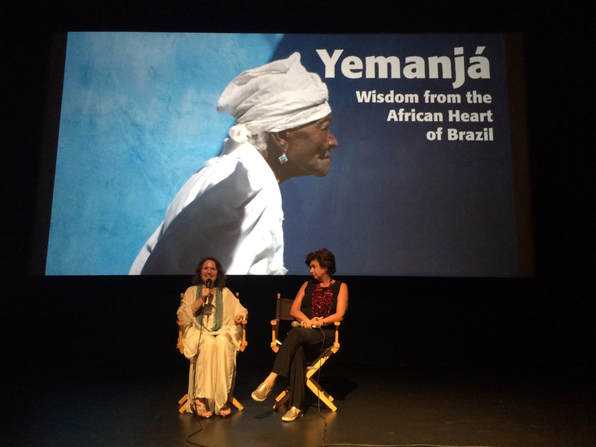
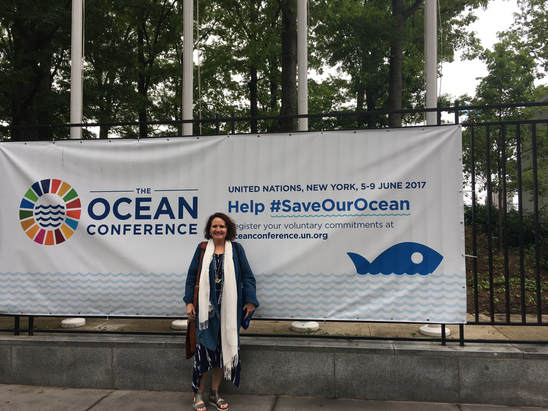
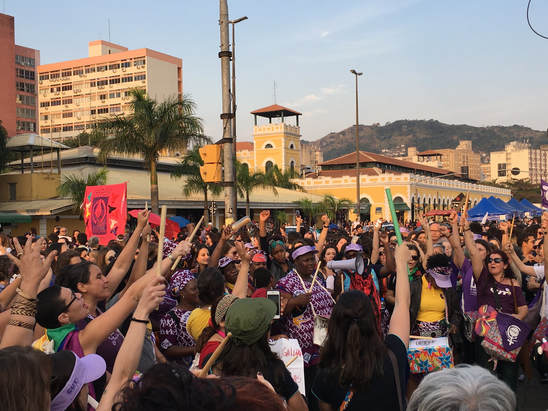
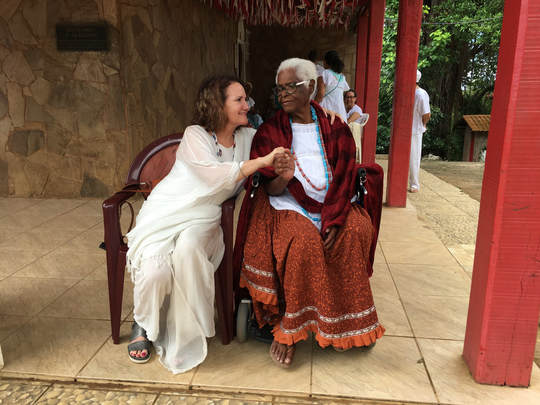
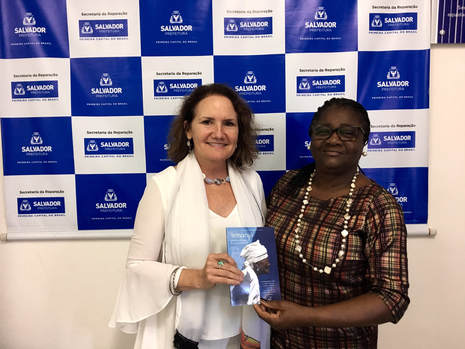
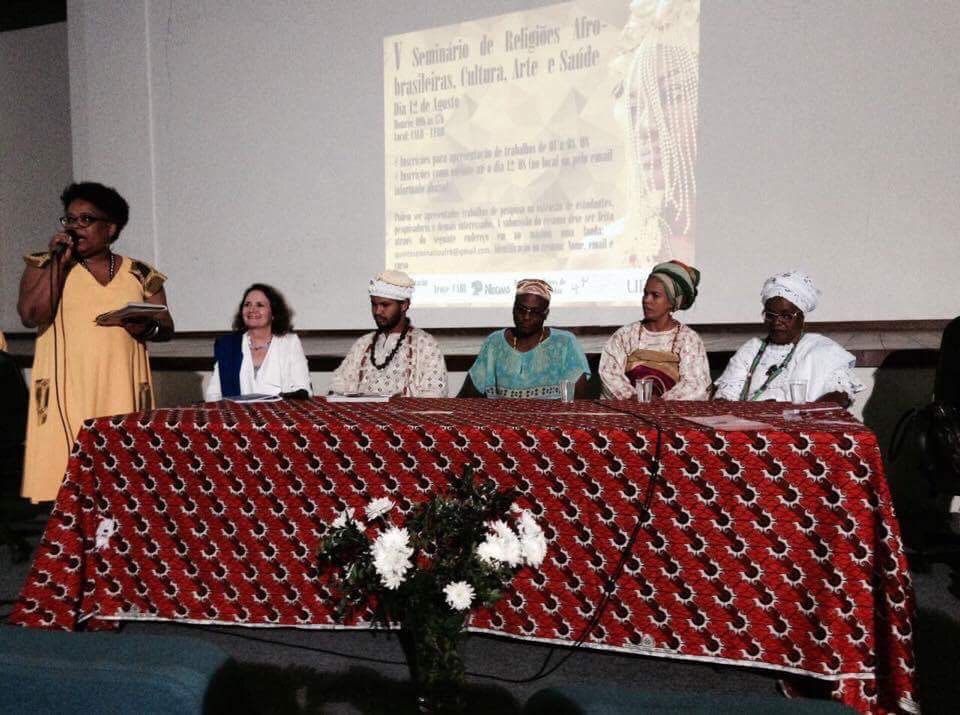
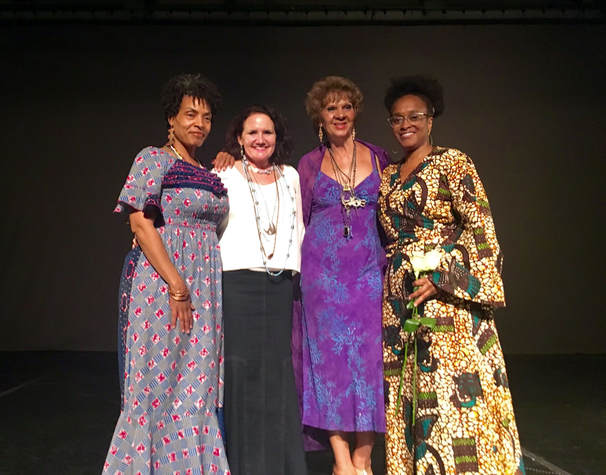
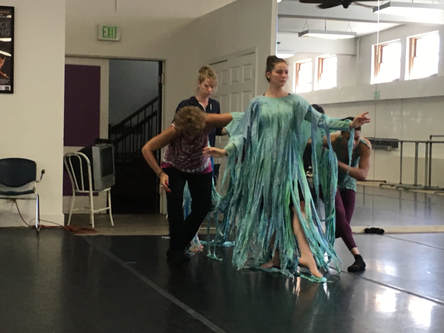
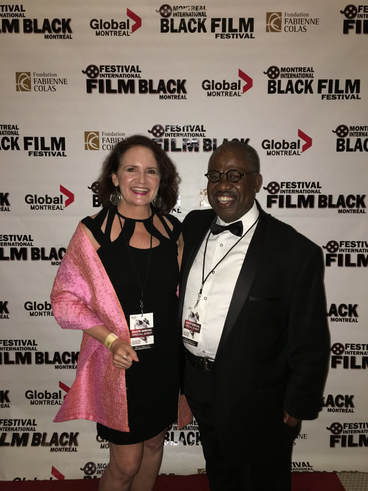
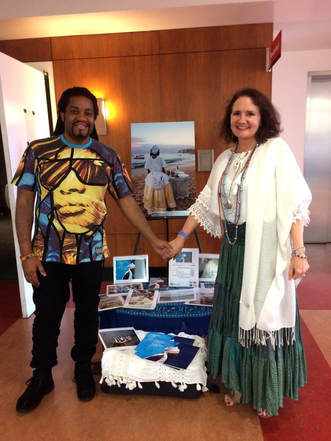
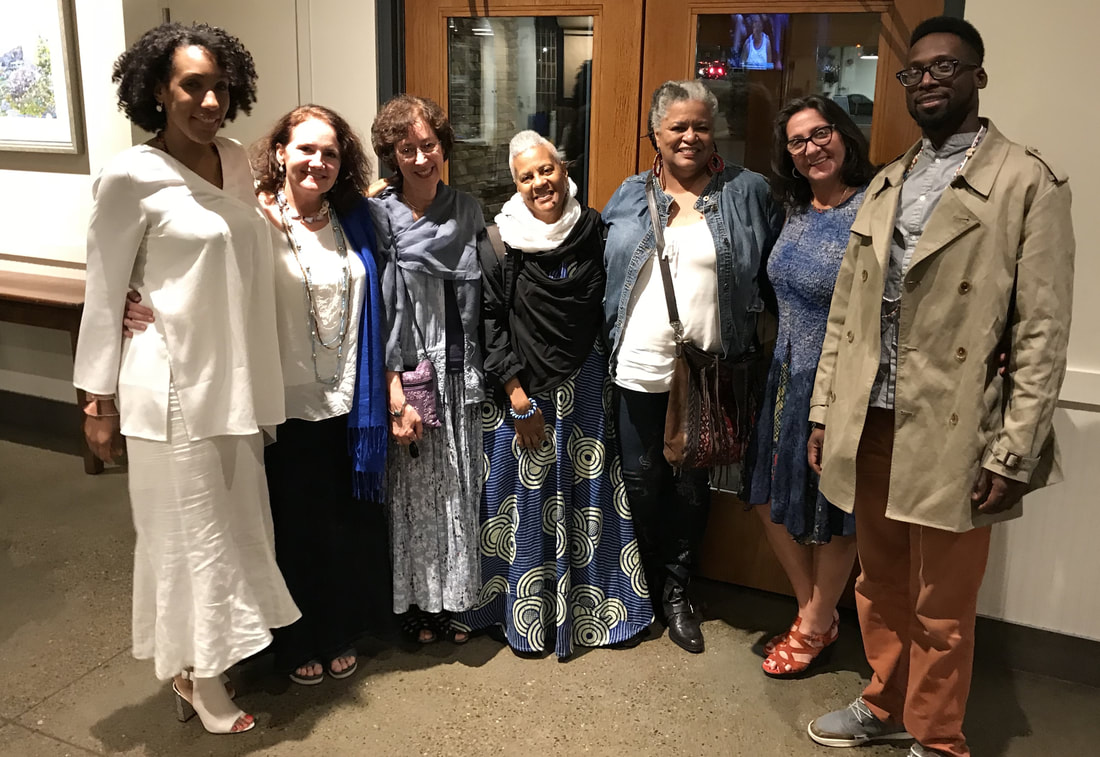
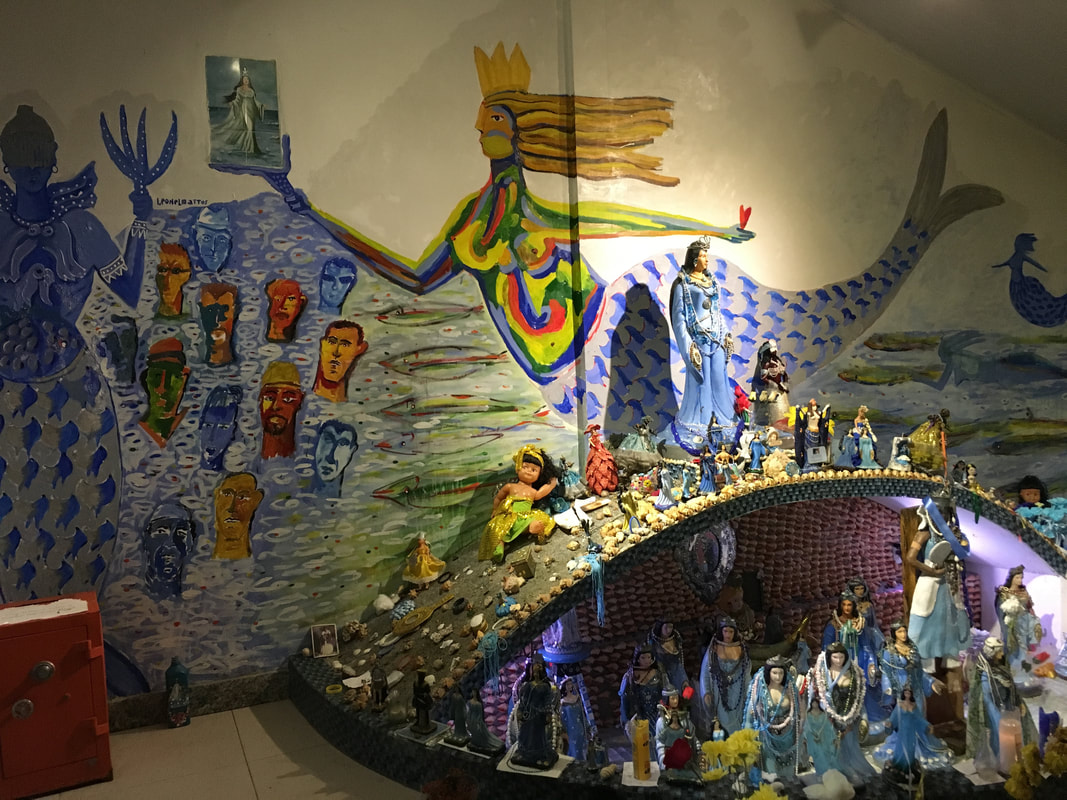
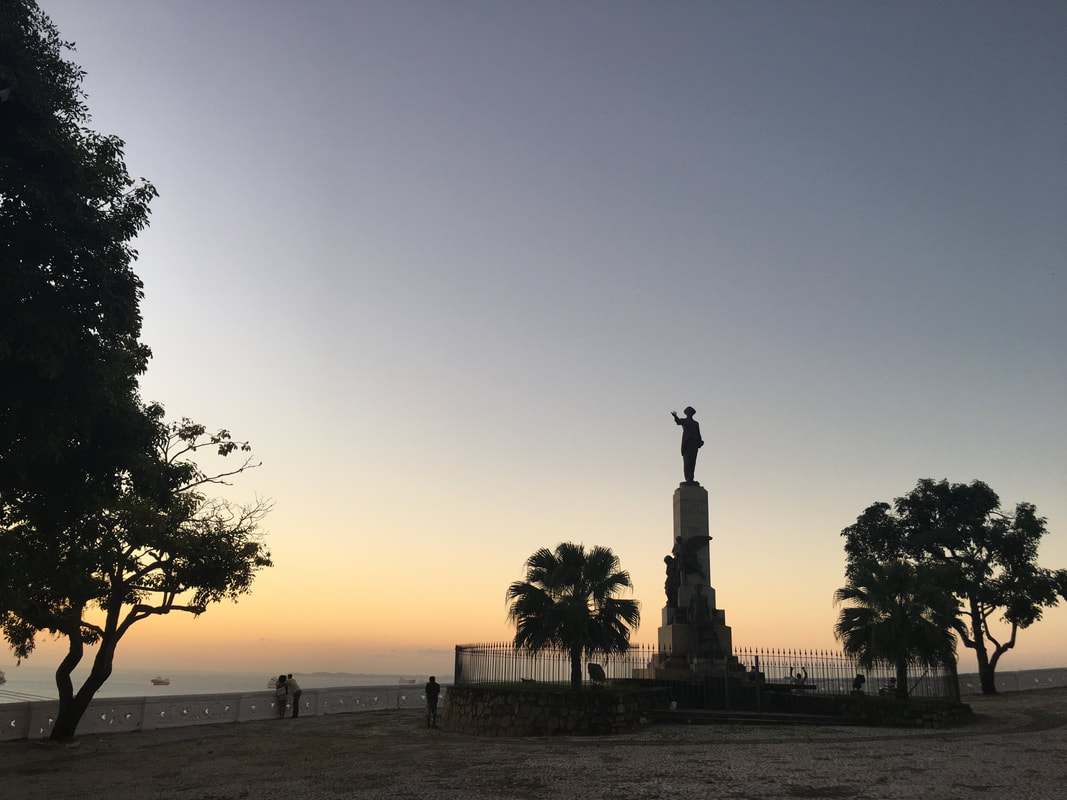
 RSS Feed
RSS Feed